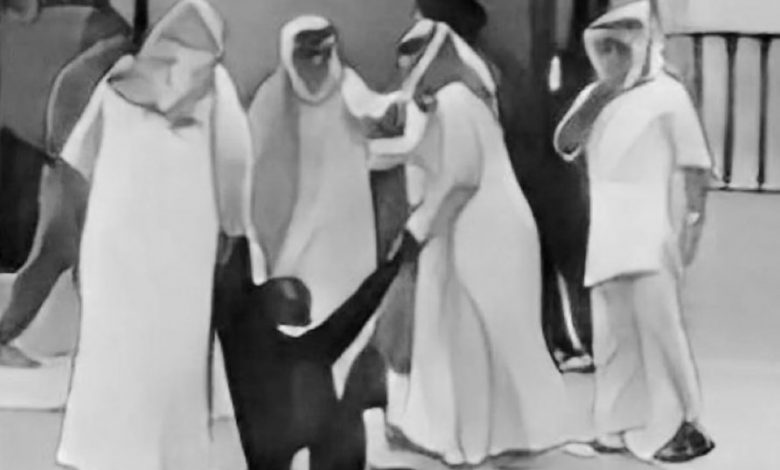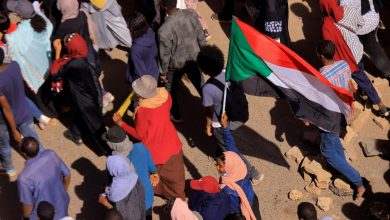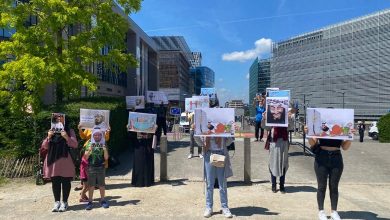Demands to reveal the fate of the abused orphans of Khamis Mushait in Saudi Arabia

Human rights activists and tweeters called on the Saudi authorities to reveal the fate of the orphan girls who were arrested after storming the Khamis Mushait orphanage last week.
The hashtag (#مصير_الايتام_مجهولء), meaning orphans’ fate unknown, was trending in the Kingdom two days ago, amid demands to pressure the Saudi authorities to reveal the fate of orphans and do justice to them instead of punishing them.
Videos spread at dawn last Wednesday of security men, in formal and civilian clothes, assaulting many orphaned girls in the Social Education House, in Khamis Mushait, in the Asir Governorate.
It was revealed that the girls started a strike and a protest against their poor living conditions and the continuous mistreatment at the Social Education Home.
Although the Emirate of Asir issued a statement ordering the opening of an investigation into the incident, its disassociation from condemning the security men for this blatant and brutal assault on girls is enough to challenge the investigation’s credibility.
Specifically, this incident represents a continuity of a series of similar incidents in the state’s social role under the administration and its resemblance to incidents that occurred in prisons, all of which were not investigated or did not lead to change or redress.
Not to mention the documented fragility of the protective measures provided to victims of violence, as many incidents of domestic violence end without holding the abuser accountable.
ALQST Human Rights Organization said that violence imposes itself as a feature that the authorities apply to the prison system in Saudi Arabia and care homes, despite their lack of jurisdiction to detain female offenders, and juvenile detention centres are not distinguished from prisons in this regard.
The organization clarified that this violence usually consists of ill-treatment, physical assault and harassment, and with it, ALQST has recently documented cases of deliberate medical and administrative negligence.
The resulting malnutrition and deterioration of the health status of inmates in prisons and detention centres, thus, negatively reflect on the psychological conditions of these girls detained without offence or guilt.
This incident raises questions about the living conditions in orphanages and the type and quality of treatment received by orphans, boys and girls.
It recalls what happened with female detainees, such as Loujain Al-Hathloul and Samar Badawi, who were subjected to sexual harassment, among other forms of torture, during their detention in secret detention centres. The authorities pledged to investigate what they were subjected to and concluded their investigation by denying their officials’ involvement.
In contrast to the images of reform and progress on women’s rights that the authorities are displaying in all forums, the repressive guardianship system is still far from being abolished, and women are still under the control of men.
The authorities describe it as “disobedience” to the male guardian (father, husband, brother, or even son). They treat it as a crime, thus disrupting the new freedoms they claim to have been granted to women, in theory, and rendering them ineffective or applied in practice.
Lina Al-Hathloul, Monitoring and Communications Manager at ALQST, commented: “These horrific attacks once again reveal the prevailing and continuing oppression against women in Saudi Arabia, and it is not just that women under a male guardian are exposed, even when he is not present, they are at risk of violence by the authorities. When they demand their most basic rights.”
ALQST called on the Saudi authorities to investigate the incident to ensure that those involved in the violent raid on the home and the beating of the girls are brought to justice.
ALQST also called for establishing an independent civilian monitoring committee to monitor the conditions of social education homes on a permanent basis, to be informed of their living conditions.





